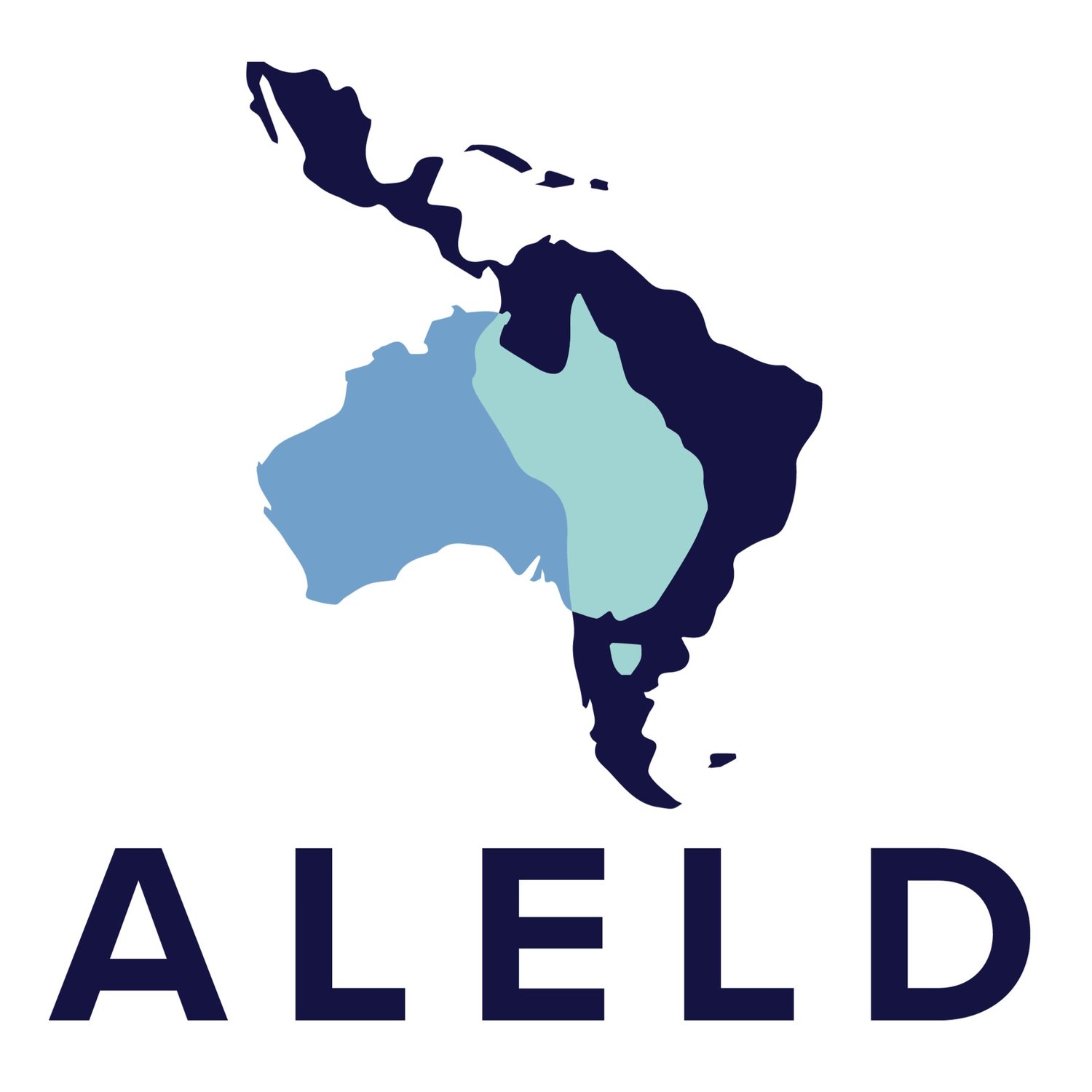Natural Partners? Climate Action in Australia and Latin America
As the Intergovernmental Panel on Climate Change (IPCC) reports establish, human activities are threatening the planetary boundaries, polluting the water, the land, the air, acidifying oceans, increasing gases which act as a blanket to the planet retaining the heat from the sun and changing the natural balance of the earth. But how did we get to this point?
Despite the fact that every human action has an impact on the environment, from the mid-18th century onwards, the outbreak of the first industrial revolution led to several consequences. For example creating job opportunities, migrations from rural areas to big cities and the fast production of goods. Within this new context, the degradation of the environment was also a consequence due to the bad management of resources, the deposition of solid and liquid waste without previous treatment, the emissions, and so many other impacts which have brought us to the point we are now living in. After more than 200 years of this, it is time to take action on the pollution and poor natural resource management we had, and still have.
Source: image from Ricardo Barbetti
LATAM and Australia have several similarities in environmental issues and pressures facing their communities and economies. In the case of pollution, in both regions the sectors of agriculture, forest and other land use (the so called AFOLU), and energy and transport, are the most responsible for greenhouse gas emissions. Australia's second emission report informed that in 2013 the total emissions were 538 MtCO2e and these sectors were the largest contributors. In Latin America, this tendency continues. For example, in Argentina, the 2016 inventory indicates that 37% of emissions are related to AFOLU and 53% to energy and transport. Chile also places energy and transport first, followed by agriculture activities. This can be translated into the understanding of both economies. They are agriculturally based with a dependency on the use of fossil fuels. In both regions, however, the investments on renewable energies are starting to grow.
On the other hand, climate risks have similarities in both regions: increase of frequency and intensity of floods, increase risks to coastal infrastructure, constraints on water resources in some parts of the countries, increase of frequency and intensity of heat waves, rising illnesses, death, infrastructure damage, fire risks, and loss of biodiversity. Unfortunately, in the current year there has been an increased risk of fire events in both regions, starting with Australia’s worst fire season on record in its forest and woodland, followed by LATAM fires some months later. The causes are a combination of several factors, higher temperatures in summer with increased heat waves and water stress, plus bad management of forest and agricultural lands. Here the impacts of climate change are met with the continuous mistreatment of natural resources by humans, resulting in devastating events for our planet and ourselves.
But what should we do? The economic activities causing devastating impacts on the environment are important for the growth of the wellbeing of the countries. The challenge is to do them in a sustainable way and in a changing climate. Therefore, the international cooperation and synergies proposed by the Australia LATAM Emerging Leaders Dialogue continues in this direction. By combining the experiences and knowledge of both regions, we could help each other develop sustainable sectors while facing the risk imposed by the pooled of GEI already released into the environment. As stated in the online interview with Gustavo Schrauf, there are similarities in the agricultural sector where the two regions could work together to develop techniques, technologies and knowledge to enhance sustainable agriculture and adapt it to the effects of climate change.
It is important to be aware of the inter-linkages between the economy, the society, the environment, and our politics and government processes. This is the only way to achieve sustainable development and fight climate change.
Content Disclaimer
The views expressed in this article are those of the author and do not necessarily represent the views or opinions of the Australia-Latam Emerging Leaders Dialogue.


